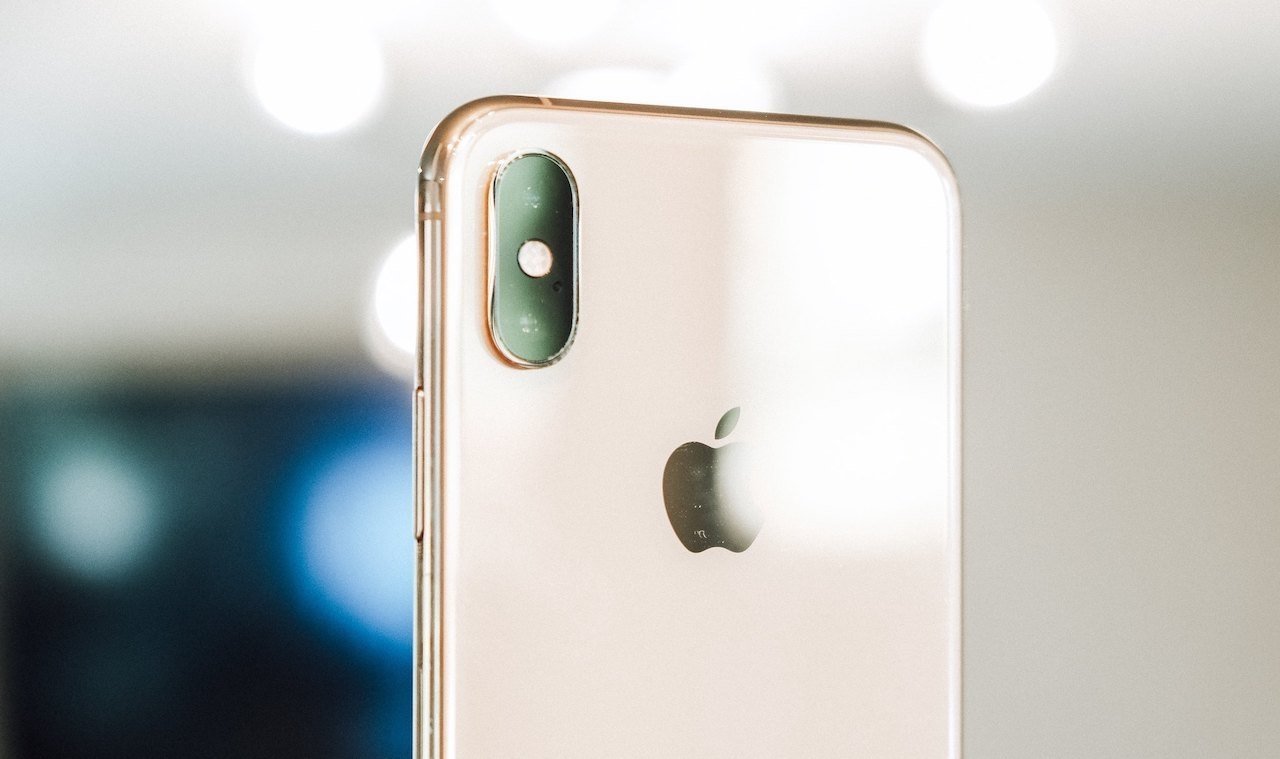The Federal Circuit has both affirmed and vacated previous Patent Trial and Review board decisions on a Corephotonics patent lawsuit alleging that Apple stole its dual-camera technology.
Specifically, the Federal Circuit examined a Patent Trial and Appeal Board ruling in an inter partes review of a U.S. patent held by Corephotonics, an Israeli camera technology firm.
Corephotonics first levied a lawsuit against Apple in 2017, alleging that specific iPhone models with dual-camera technology were infringing on its intellectual property. The initial lawsuit named the iPhone 7 Plus and iPhone 8 Plus as infringing devices.
Apple filed petitions for inter partes reviews of the patents named in the lawsuit. In the case of one specific patent, the PTAB sided with Corephotonics and found that its patent was filed with no anticipation and was nonobvious.
On appeal from Apple, the U.S. Court of Appeals for the Federal Circuit affirmed the Board's finding of no anticipation, which means that it ruled that Corephotonics had not known about previous inventions before applying for the patent-in-suit.
However, the Federal Circuit tossed out the PTAB's finding of nonobviousness because it made its calculations with a mathematical error. More specifically, the court found that the PTAB made a mistake when analyzing patent claims related to making telephoto lenses conform to modern cell phone camera specifications.
In its original appeal, Apple referred to a reference penned by Jane Bareau that discusses the implications of designing and manufacturing digital camera lenses for cellular devices. Bareau calculations in "The Optics of Minuature Digital Camera Modules" were a key part of Apple's argument that certain claims in Corephotonics' were obvious.
The Federal Circuit vacated the Board's decision on the obviousness claim. It remanded to the Board for reconsideration, meaning that the PTAB will take another look at Apple's nonobviousness claims.
In addition to the original 2017 lawsuit, Corephotonics also filed a second complaint against Apple in 2018 that targeted the iPhone X.
PTAB Core Photonics Patent Appeal by Mike Wuerthele on Scribd
Keep up with everything Apple in the weekly AppleInsider Podcast — and get a fast news update from AppleInsider Daily. Just say, "Hey, Siri," to your HomePod mini and ask for these podcasts, and our latest HomeKit Insider episode too.
If you want an ad-free main AppleInsider Podcast experience, you can support the AppleInsider podcast by subscribing for $5 per month through Apple's Podcasts app, or via Patreon if you prefer any other podcast player.
 Mike Peterson
Mike Peterson







-m.jpg)






 Marko Zivkovic
Marko Zivkovic
 Christine McKee
Christine McKee
 Andrew Orr
Andrew Orr
 Andrew O'Hara
Andrew O'Hara
 William Gallagher
William Gallagher

 Mike Wuerthele
Mike Wuerthele
 Bon Adamson
Bon Adamson




-m.jpg)



5 Comments
To any lawyers out there, what does “obvious” mean in a legal sense. I know what it means when I use it in writing or casually, but is there a particular nuance to the word when used in a legal connotation?
"(a.
So, no - pretty much what you had in your head.
Basically, what Apple was arguing is the Jane Bareau's calculations would/could have (obviously) led somebody to the design Corephotonics patented.
35 US Code 10 Section 103 says
"A patent for a claimed invention
So, obviousness is not the same as the common usage of the term. The evidence for obviousness must be determined based on "experts" in the field.
Hey- if you ever had a Viewmaster as a kid, you had a product from a dual lens camera.